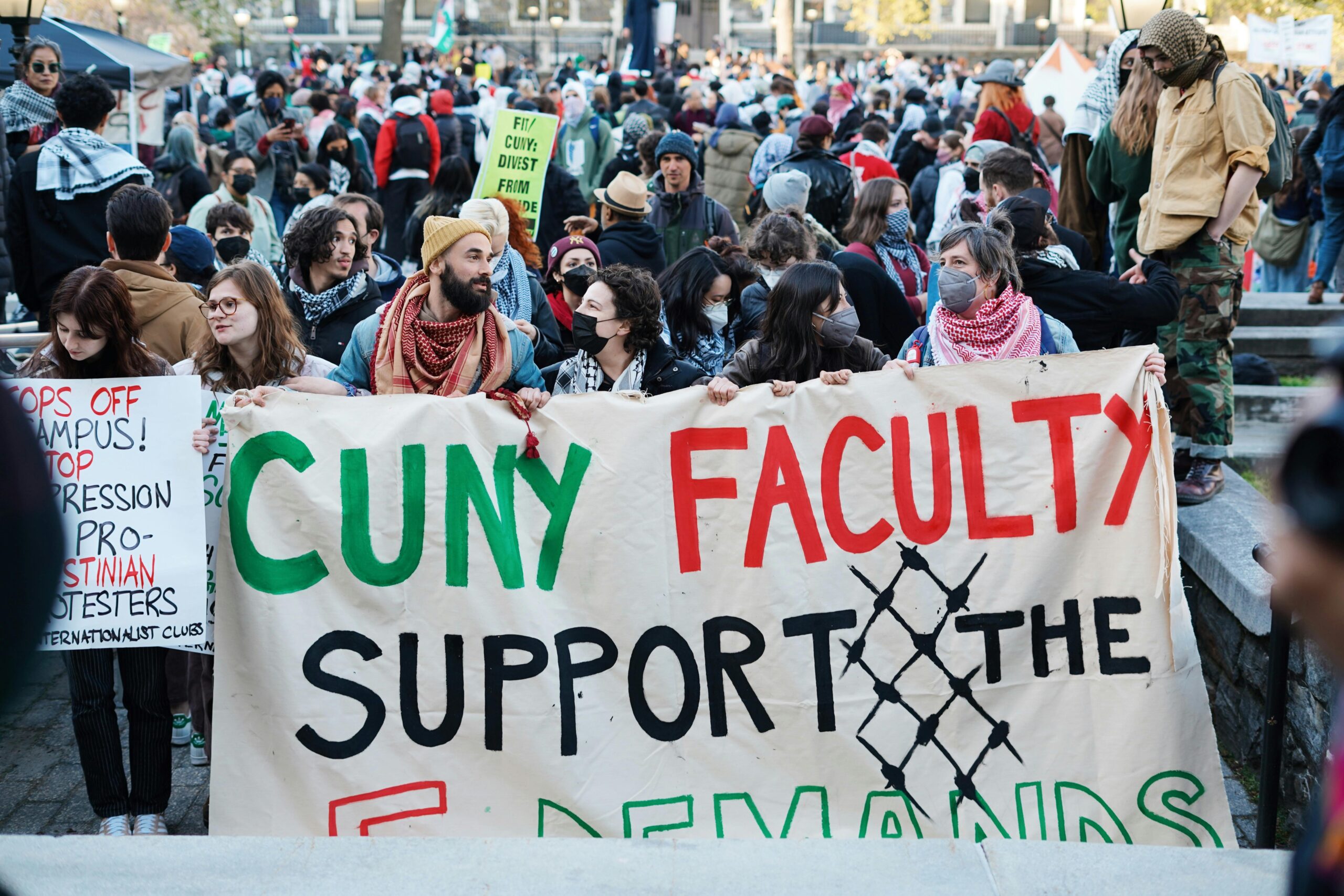Parshat Tzav
This Shabbat we stand just a few weeks before Pesach and a few days after Purim. Certainly it is a time of joy, just as Chazal commanded us: “Mishenichnas Adar marbin b’simcha” (Ta’anit 29a), we increase our joy but not only because of the Purim celebration. Our joy during this time of year is also because, following Purim, we immediately begin preparing for the Yom Tov of Pesach and the fulfillment of its mitzvot.
For this reason it is difficult to understand the choice of haftarah for this Shabbat. In it, the navi Yirmiyahu berates the nation for ignoring Hashem’s commands and turning a deaf ear to the prophets He had sent to them in order to urge them to improve their ways. Hashem calls them a nation that will not accept rebuke and one who lost their faith. He accuses them of contaminating the Beit Hamikdash by practicing idolatry in the Holy Temple itself, and finds them guilty of human sacrifice, offering their children to false gods! The accusations and condemnations continue throughout the selection as God tells them that their generation is despised and therefore forsaken by Him. Most painful, perhaps, is the list of punishments that Yirmiyahu predicts, including how there would be no room for the burial of the masses who would perish and how Hashem will suspend “kol sason v’kol simcha, kol chatan v’kol kallah,” the sounds of festivities and celebrations, of bride and groom in Yerushalayim.
These prophecies are far more fitting to the month of Av of which Chazal say: “mishenichnas Av m’ma’atin b’simcha” (Ta’anit 26b), that we curtail our joy and merrymaking during Av, and certainly do not belong to the joyous post-Purim pre-Pesach time of year. So what message was the rabbinic leadership of the past hoping to pass on to the future generations?
The answer, we could suggest, is to be found in the closing pesukim of the haftarah. These are verses taken from the ninth perek and do not immediately follow those pesukim that we read in the haftarah. In fact, they are the final verses of the haftarah read on Tisha B’Av! And they are pesukim of explanation and clarification for both the ninth chapter and Chapters 7-8 that we read this week.
This parsha details the many laws pertaining to the sacrifices that Hashem commands us to offer to Him in the newly erected Mishkan and, in the future, in the permanent Beit Hamikdash. But the danger of the sacrificial rite is that that which was meant to be a means to become closer to God would become the ends to which people would strive. Sacrifice could become no more than a “magical” shortcut that, people would think, would placate God’s anger and earn His atonement. Nothing could be further from the truth. And this was precisely the sin of the Jews of Yirmiyahu’s time. Their misguided use of sacrifice as the “cure” for their misdeeds and corruption prevented them from making any meaningful improvement in their behavior. The closing verse, therefore, drives home the message that Hashem wants them to learn: God is One Who “does kindness, justice and righteousness,” and therefore “b’eileh chafatzti,” these are the qualities I desire from you!!! The final verse sums up precisely what the haftarah was about. Sacrifices are not the fundamental demand that God makes from you. Rather, He demands kindness, justice and righteousness.
And upon reading this week’s parsha, this was an essential message to leave for all future generations.
Rabbi Neil Winkler is the rabbi emeritus of the Young Israel Fort Lee and now lives in Israel.













